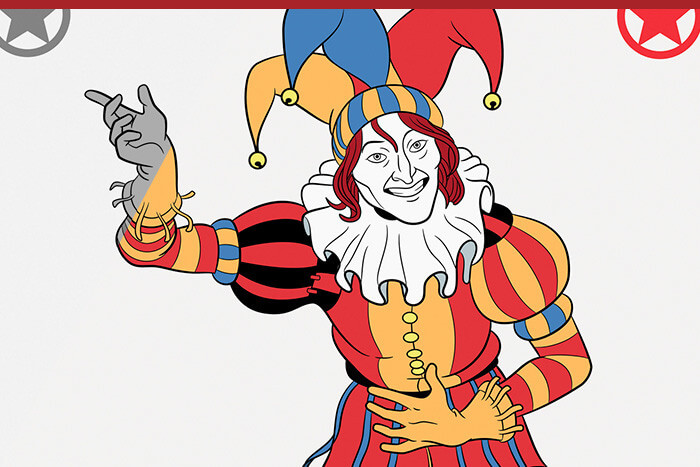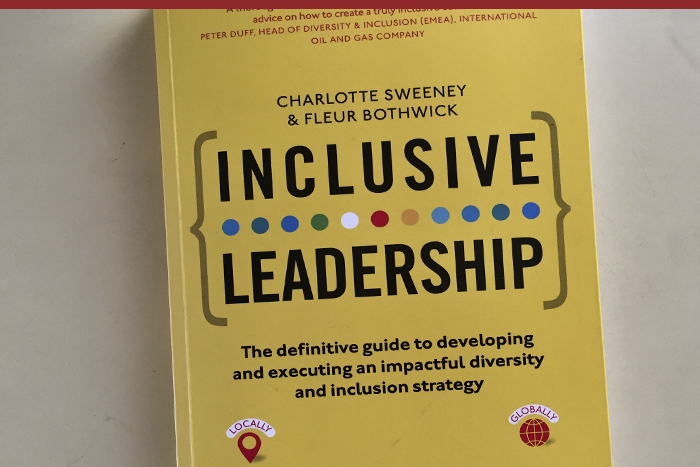A colleague, Mick Lorenz, recently sent me a link to a video of a presentation intriguingly titled, The Luck of Fools, by Simon Longstaff, Ethicist at the St James Ethics Centre. It was presented to the conference, Communities in Control, held in April 2014.
In this presentation, Simon starts by examining some of the great follies in history; the Trojan Horse and the Vietnam War amongst them. He muses as to why they happened – did people at the time that poor decisions were made not seek out or recognize the risks, were there no alternatives, or no opposition? He concludes this was not the case. He wonders if it was that people involved were ‘fools’ or possibly were there ‘rotten apples’ amongst them? His conclusion is that neither of these was true.
The fact is that we suffer from what Longstaff refers to as “conditioned blindness”. We do not see what is really happening; we do not see “the tiger in the grass”. We are lulled into unthinking custom and practice (habit) – “this is just the way it is” or “this is the way it is done around here” (norms). In addition he argues that hypocrisy is an ever-present part of the human condition that contributes to this blindness.
As an antidote to this, Longstaff presents his model or notion of leadership. He believes that the role of leaders is “to engage in constructive subversion” in our organizations and communities. By this he means that a prime task of leaders is to challenge the prevailing norms and the dominant ways of thinking. In fact leaders should have a reputation for making life difficult for people in this manner, and he identifies that they need moral courage to do so. It is the task of leaders to constantly remind organizations of their values and purpose and challenge them about the extent to which they are living these values and enacting the purpose.
To have the moral courage and play the part of the fool: to be willing to speak up and speak the truth in the face of power, is at the heart of real leadership for Simon Longstaff. We do not have to be in formal positions of leadership to play the part, but we do have to have the courage to tackle the blindness. This is what William Wilberforce did to bring an end to slavery, and what we will need to do tackle norms and habits in our organizations, which put a lie to our espoused values and purpose.
Jill Tideman






